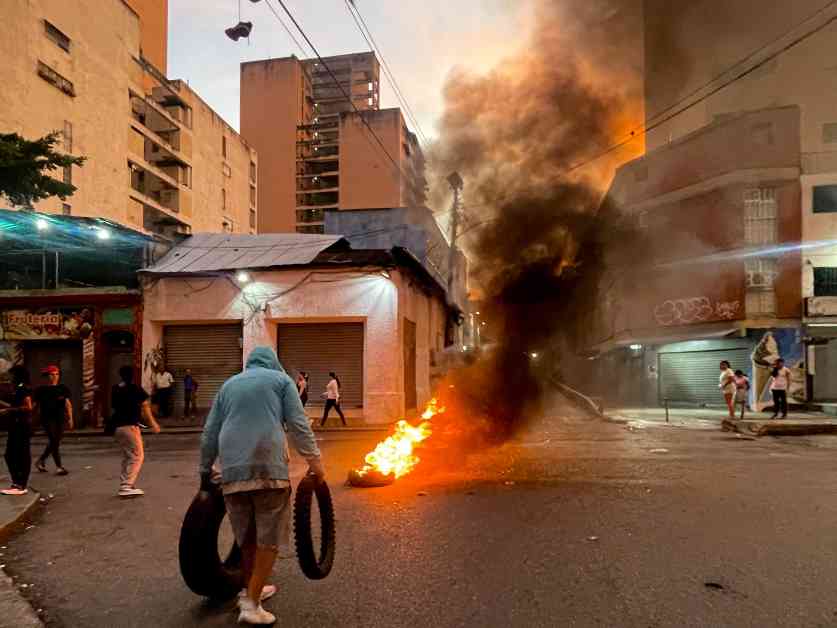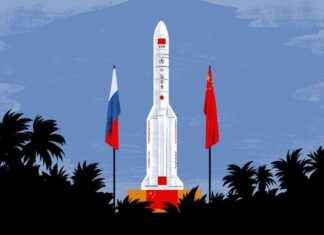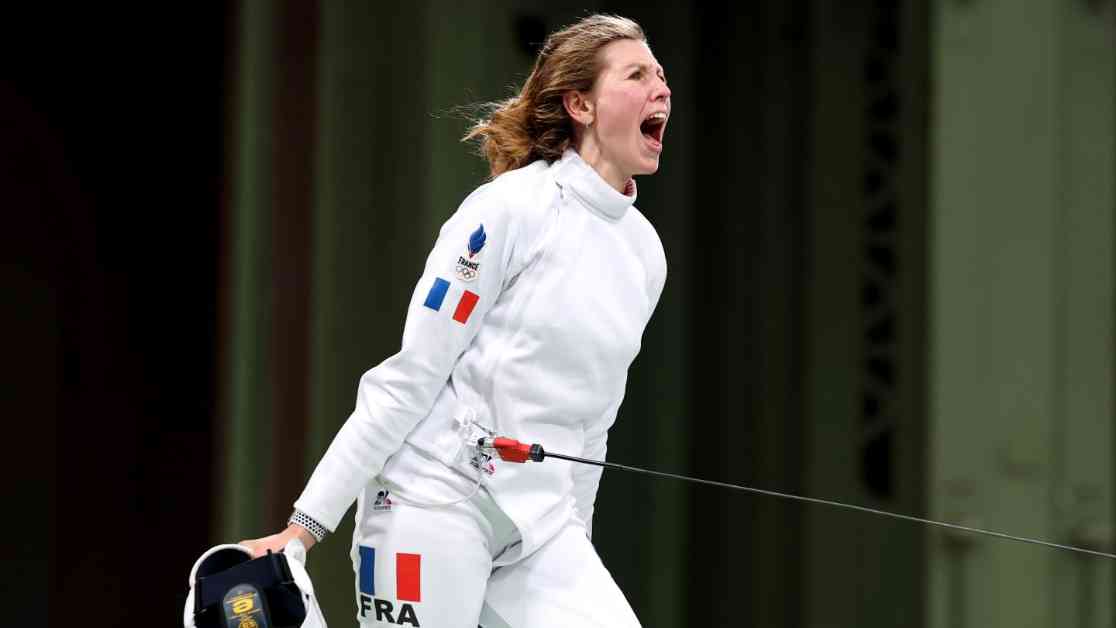The streets of Petare in Caracas were filled with the sound of clanging kitchen utensils and the sight of people marching towards the centre of the city. The reason behind this impromptu march was the outrage over what many believed to be fraudulent election results in favor of President Nicolas Maduro. Eglle Camacho, a resident of Petare, captured the moments of protest through her camera lens, only to delete them later out of fear of government retaliation.
The days following the presidential election on July 28 were marked by protests, clashes, and uncertainty. The official results announced by Venezuela’s National Electoral Council (CNE) declared Maduro as the winner, despite polls and exit surveys indicating otherwise. Opposition supporters like Jorge Fermin expressed their disbelief and frustration, accusing the government of manipulating the results to maintain power.
The economic crisis in Venezuela has worsened over the years, leading to hyperinflation, currency devaluation, and widespread poverty. Low-income areas like Petare, once strongholds of Chavismo, have now become centers of anti-government sentiments. People are disillusioned with the socialist rhetoric of Maduro’s regime, as the country’s GDP has plummeted and basic necessities are hard to come by.
The protests have not been without consequences, as reports of violence, arrests, and even deaths have emerged. Human rights groups have criticized the Maduro government for its use of force and repression against dissenting voices. Despite the risks, many Venezuelans like Marta Diaz continue to take to the streets in search of justice and transparency.
Maduro’s announcement of high-security prisons for protesters has only added to the atmosphere of fear and uncertainty. However, individuals like Fermin refuse to lose hope and continue to believe in a better future for Venezuela. The struggle between hope and fear persists as people navigate through the turbulent political landscape of their country, hoping for change and justice.



























